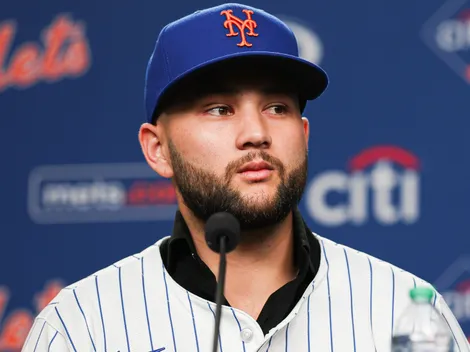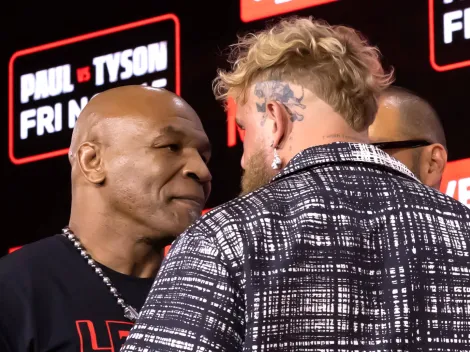Bernie Sanders wants to end, once and for all, the terribly unfair antitrust exemption that Major League Baseball have been use to build a monopoly. Senator Sanders wants to send a clear message to the billionaires, team owners, so that they obey the laws, especially the Sherman Act.
But what the hell is an antitrust exemption? it is a difficult term but easy to understand, it is a gift that the Supreme Court and the Congress granted to the MLB that allows the league, the owners, and the entire baseball business, to operate as a monopoly with no competitors and the MLB is labeled as non-interstate commerce.
It is not the first time that a politician like Bernie Sanders has spoken on the matter, but the exemption is so old that it no longer makes sense. The MLB does interstate commerce, they sell merchandise to other states, in addition to televised games showing advertising in other states and platforms in the United State, that is interstate commerce. But in 1922 the Supreme Court, Justice Holmes, said that the MLB did not do interstate commerce since the teams played within the lines of a state.
What does Bernie Sanders want with his legislation?
Senator Bernie Sanders wants with his legislation, the Save American Baseball Act, to end the antitrust exemption that MLB has enjoyed since 1922, almost 100 years, and make the league and its owners appraise the business of baseball in the United States.
After MLB came out of lockout on March 10, Bernie had a few words to say about the matter: “…It would be wrong for Congress to simply celebrate today’s agreement and move on. We must prevent the greed of baseball’s oligarchs from destroying the game…” referring to the salary situation and agreement between baseball players and team owners. The MLB was certainly pushing with a lockout.
Can MLB do anything to stop Bernie Sanders?
Major League Baseball has a strong lobbying presence in Washington, where the Bernie Sanders legislation will be discussed, which has served to stop any type of ideas that are against ending the antitrust exemption.





